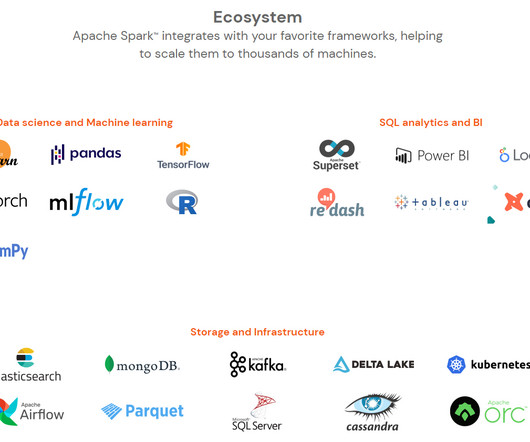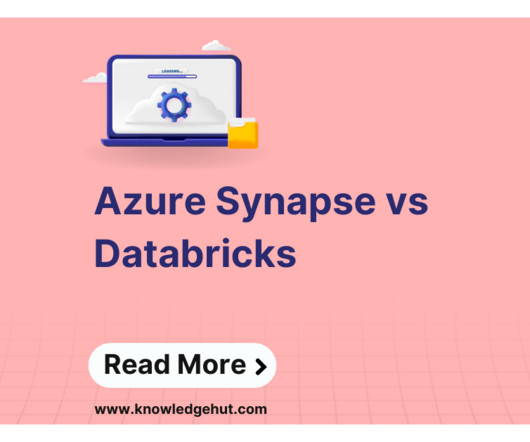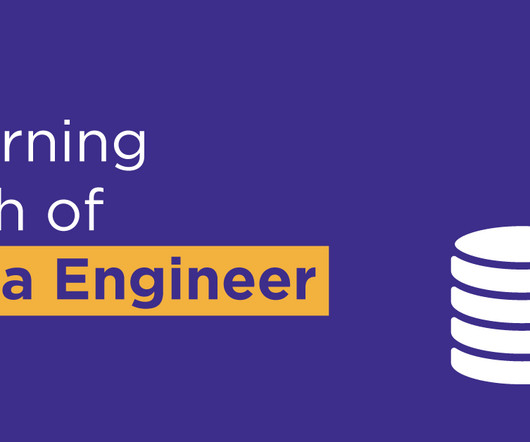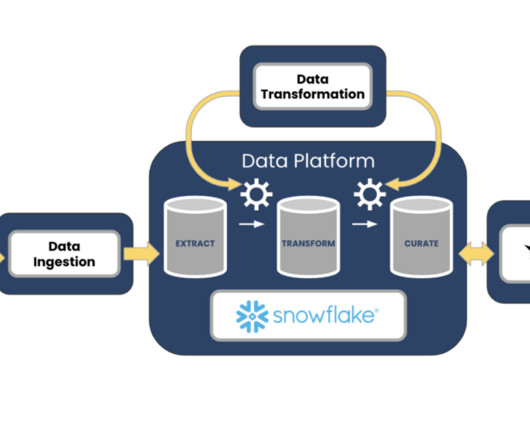The Good and the Bad of Apache Spark Big Data Processing
AltexSoft
JULY 18, 2023
Its flexibility allows it to operate on single-node machines and large clusters, serving as a multi-language platform for executing data engineering , data science , and machine learning tasks. Before diving into the world of Spark, we suggest you get acquainted with data engineering in general. Big data processing.












Let's personalize your content